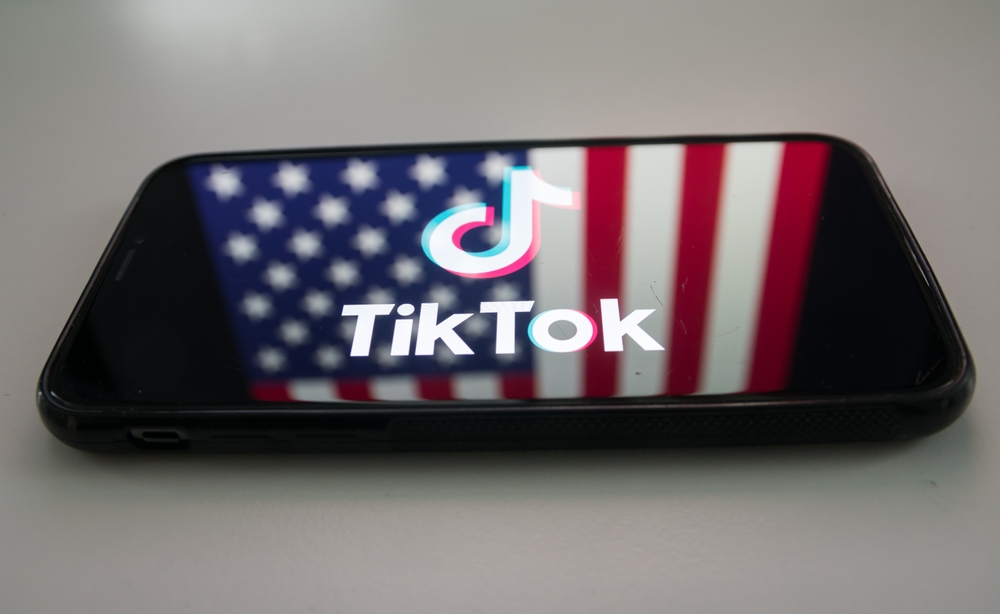ByteDance, the owner of the short-form video service TikTok, has filed a lawsuit in a U.S. federal appeals court, arguing that the Justice Department’s claims regarding its alleged ties to the Chinese government are unfounded. In its petition, ByteDance called for the department to reject its demands to sell TikTok’s U.S. assets under threat of blocking the platform entirely in the U.S. In a statement, TikTok said the Justice Department made several mistakes in its handling of the matter.
Last month, the department’s lawyers said the app posed a national security threat because it allowed Chinese authorities to collect data on its U.S. users and covertly manipulate the content they see. This week, TikTok representatives once again said that its content recommendation engine and the data of Americans are stored exclusively in the U.S., using a cloud platform run by Oracle. It also noted that decisions on moderating content shown to Americans are made in the U.S.

Recall that on April 24, US President Joseph Biden signed an executive order giving ByteDance until January 19 next year to sell TikTok’s American assets. If this is not done within the specified period, the service faces a complete blocking in the country. The White House stated that the presidential administration does not want to block TikTok, but at the same time, for reasons of national security, the service must change its owner.
Legal Proceedings and Political Implications
Oral arguments on the ByteDance lawsuit will be held in the Court of Appeals on September 16. Thus, the question of the service’s fate will be decided in the last weeks before the upcoming presidential elections, which will be held on November 5, notes NIXsolutions. We’ll keep you updated on any developments in this case as they unfold.
In June of this year, US presidential candidate Donald Trump joined TikTok and said that he would never support banning the service in the country. Another presidential candidate, incumbent Vice President Kamala Harris, also joined the TikTok community in July to use the social media platform in her campaign.
The ongoing legal battle between ByteDance and the US Justice Department highlights the complex intersection of technology, national security, and international relations. As the case progresses, it will likely continue to draw attention from both the tech industry and political spheres. The outcome of this lawsuit could have far-reaching implications for the future of TikTok in the United States and potentially set precedents for how foreign-owned tech companies operate within the country.
As the September 16 court date approaches, both ByteDance and the US government will be preparing their arguments. The decision made by the Court of Appeals could potentially influence the ongoing debate about data privacy, national security, and the role of social media platforms in modern society. Regardless of the outcome, this case serves as a reminder of the increasingly important role that technology plays in both our personal lives and national policies.
